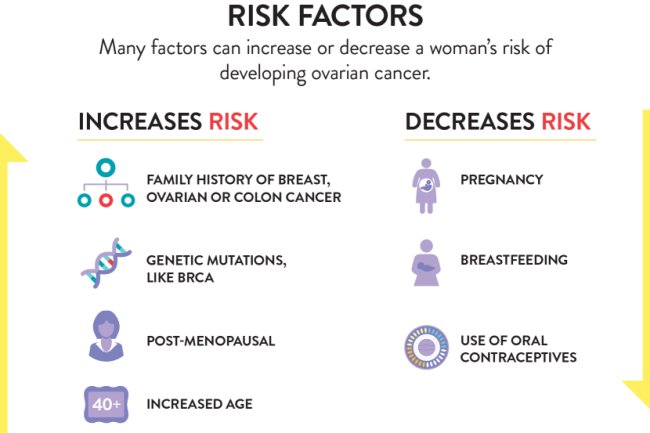What Is the Flu?
what most of us call "the flu" — is a contagious viral infection of the nose, throat, and lungs. It can make a person feel very sick.

When Should People Get the Flu Vaccine?
Seasonal infections generally cause the most ailment during the colder months of the year. In the United States, influenza season is from October to May.
It's ideal to get influenza immunization right off the bat in influenza season, preferably toward October's end. This allows the body an opportunity to cause antibodies that to shield it from seasonal influenza. However, getting an influenza antibody later in the season is better compared to not getting it by any stretch of the imagination. Getting a missed influenza immunization late in the season is particularly significant for individuals who travel. That is on the grounds that seasonal influenza can be dynamic all over the planet from April to September.
Who Should Get the Flu Vaccine?
The Centers for Disease Control and Prevention (CDC) suggests an influenza immunization for everybody a half year old enough and more established. Infants more youthful than a half year can't get the antibody. However, if their folks, different guardians, and more seasoned kids in the family get it, that will assist with safeguarding the child. This is significant on the grounds that newborn children are more in danger for major issues from seasonal influenza.
How Is the Flu Vaccine Given?
- Kids more youthful than 9 years of age who get this season's virus antibody interestingly or who've had just 1 portion of the immunization before July 2021 will get 2 dosages no less than multi month separated.
- Kids more youthful than 9 who got no less than 2 dosages of influenza antibody before July 2021 will just need 1 portion.
- Kids more established than 9 need just 1 portion of the antibody.
Converse with your PCP about the number of dosages your kid needs.
Where Can My Family Get the Flu Vaccine?
Influenza immunization ordinarily is accessible at:
- specialists' workplaces
- public, representative, and college wellbeing facilities
- most pharmacies
- a few grocery stores and large box stores
- some local gatherings or focuses
- a few schools
What Are the Types of Flu Vaccines?
Two sorts of influenza antibody are accessible for the 2021-2022 influenza season:
- this season's virus shot, which is infused with a needle
- the nasal splash, a fog that gets showered into the nostrils
Both safeguard against the four sorts of flu infection that are causing sickness this season.
Previously, the nasal splash antibody wasn't suggested for youngsters since it didn't appear to function admirably enough. The fresher rendition seems to fill in as well as the shot. So either antibody can be given for this present year, contingent upon the kid's age and general wellbeing.
The nasal shower is just for solid individuals ages 2-49. Individuals with frail safe frameworks or some medical issue (like asthma) and pregnant ladies shouldn't get the nasal shower immunization. It ought to likewise be kept away from in kids who take ibuprofen routinely, who have a cochlear embed, or who have as of late taken antiviral medication for seasonal influenza.
Why Is the Flu Vaccine Recommended?
While this season's virus antibody isn't 100 percent powerful, it still enormously brings down an individual's possibilities getting influenza, which can be intense. It additionally can make side effects less serious assuming somebody who got the antibody in all actuality does in any case get influenza. Assuming you got influenza immunization last year, it can't give sufficient security this year, since seasonal infections change. That is the reason the antibody is refreshed every year to incorporate the latest kinds of the infection.
Some of the time a similar infection types are remembered for the antibody over time. And still, at the end of the day, it's as yet critical to get the yearly influenza antibody in light of the fact that the body's insusceptibility against the flu infection declines over the long haul.
Getting seasonal influenza antibody not just shields you from this season's virus. It likewise safeguards individuals and local area around you. This season's virus immunization makes somebody less inclined to get influenza, and along these lines more averse to spread influenza. Getting seasonal influenza immunization is an incredible method for safeguarding people who are at risk from flu, such as the elderly, babies, and people with health conditions such as asthma. Every year thousands of people die from influenza, and getting the flu vaccine is one way to help prevent that.
What Are the Possible Side Effects of the Flu Vaccine?
The two kinds of immunization can cause gentle secondary effects.
- Seasonal influenza shot generally is given as an infusion in the upper arm or thigh (contingent upon an individual's age). It contains killed seasonal infection and can't make somebody get influenza. However, it can cause irritation, redness, or expanding at the infusion site. Once in a blue moon, it could cause a low fever or body hurts.
- The nasal shower influenza immunization contains debilitated live seasonal infections. So it might cause gentle side effects, like a runny nose, wheezing, sore throat, heaving, or sleepiness. Like the shot, it can in some cases cause a low fever or body throbs.
Once in a while, individuals faint subsequent to having a chance, particularly youngsters. It assists with sitting or rests for 15 minutes just after a shot to forestall this.
Assuming your youngster makes any side impacts, converse with your PCP about giving either acetaminophen or ibuprofen and to figure out the right portion.
A warm, sodden material or a warming cushion on the infusion site might assist with facilitating irritation, as can moving or utilizing the arm. Once in a while, this season's virus immunization can cause a genuine unfavorably susceptible response.
What's Your Reaction?

















